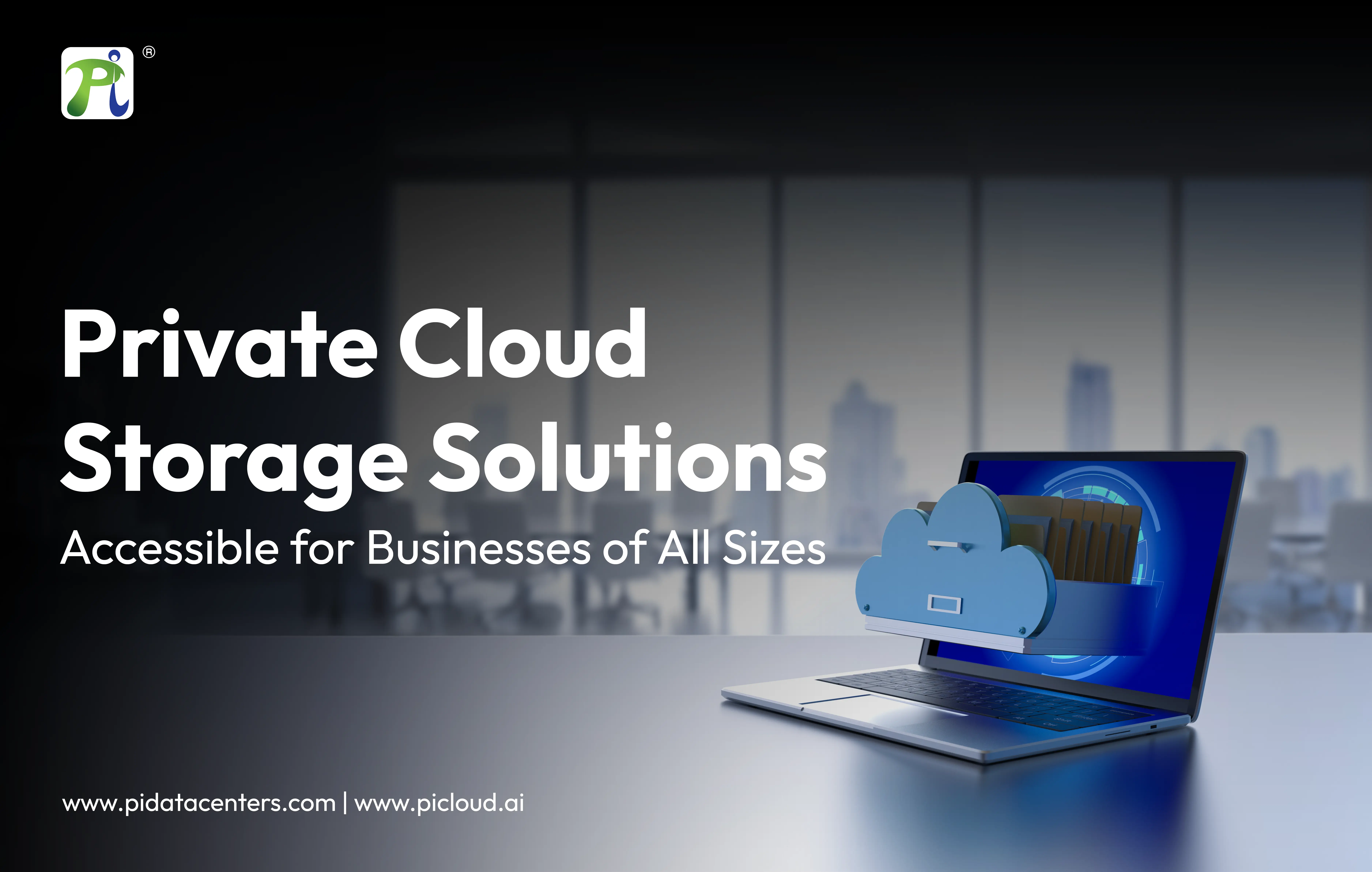
Private Cloud Storage Solutions: Accessible for Businesses of All Sizes
Amid the accelerating pace of digital transformation, organizations of all sizes ranging from agile startups to sprawling global enterprises are in pursuit of IT infrastructure that not only ensures robust security but also offers scalability, control, and cost efficiency. At first glance, public clouds present an attractive option, boasting ease of use and flexibility that appeals to many businesses. However, the realities of their shared environments, unpredictable pricing structures, and potential compliance issues often lay bare a series of hidden drawbacks that can jeopardize an organization’s operations.
In this environment, private cloud infrastructure shines as a revolutionary alternative. It delivers customized and reliable environments that allow organizations to maintain agility beyond what traditional on-premises setups can provide, while also guaranteeing greater security and predictability than public models. This tailored approach fosters a sense of control that businesses increasingly desire.
The Growing Private Cloud Market
Recent market projections underscore the momentum of this significant shift as more organizations recognize the benefits of private cloud solutions over their public counterparts.
A recent report places the global private cloud market at USD 136.51 billion in 2025, expected to rise to USD 244.06 billion by 2030, reflecting an impressive 12.3% CAGR, a clear sign that organizations across industries are investing in private cloud capabilities to serve growing AI needs, address data sovereignty concerns, and manage infrastructure costs more effectively. Complementary forecasts reinforce this upward trend, with estimates placing the 2024 market size at USD 121.13 billion, expanding to USD 194.60 billion by 2030, driven particularly by industries requiring heightened data control like finance, healthcare, and government.
Sources: Mordor Intelligence | TechSci Research.
Private cloud offers enterprises unmatched control and customization. Dedicating infrastructure solely to one organization provides granular governance over hardware configuration, security enforcement, and data residency advantages critical for maintaining compliance with regulations like GDPR, HIPAA, etc. Security advantages stem from the isolation of environments, enhanced encryption, network segmentation, and the ability to apply strict firewalling, IAM, and access controls features, which are particularly sought after by institutions dealing with sensitive customer or financial data.
Performance consistency is another pillar of value. Unlike the "noisy neighbor" issue in public clouds, where shared workloads can hamper your performance, a private cloud ensures dedicated resources and predictable throughput. This makes it ideal for latency-sensitive applications and deployments demanding continuous uptime and low performance variability. This reliability becomes even more vital as enterprises push more AI and edge computing workloads.

Although private cloud infrastructure can require a higher upfront investment, long-term efficiency often makes it more cost-effective. With precise resource allocation and controlled usage, businesses can avoid the unpredictable billing and overages common in public clouds. Managed and hosted private cloud options bridge this complexity by outsourcing infrastructure upkeep and operational support while preserving the benefits of dedicated environments.
Automation plays a key role in maximizing these benefits. By incorporating DevOps methodologies, Infrastructure-as-Code, and automation tools, companies can deploy, configure, monitor, and scale workloads with speed and minimal manual intervention, enabling rapid development of cycles and operational agility. This is particularly transformative in regulated sectors, where development speed often must balance with strict security and compliance demands.
Real-world trends affirm this transition. In the U.S., the private cloud server market reached USD 92.77 billion in 2023 and is forecasted to climb to USD 220.37 billion by 2030, with a 13.2% CAGR. Providers like Rackspace are capitalizing on growing demand by launching open-source-based private cloud services designed for performance-sensitive and compliance-driven workloads, offering predictable performance and helping organizations avoid vendor lock-in. Meanwhile, enterprises worldwide increasingly opt for hybrid and multi-cloud approaches, combining private cloud strengths with public cloud flexibility to balance cost, sovereignty, and control.
Sources: Grand View Research | TechRadar Wikipedia.
Private cloud infrastructure is no longer an exclusive offering for large enterprises; it is increasingly becoming the standard for organizations prioritizing performance, security, control, and predictable costs. Whether you're a growing SMB, a large, regulated enterprise, or an AI-driven organization, private cloud equips you with the tools and infrastructure needed to operate securely, scale efficiently, and innovate confidently.